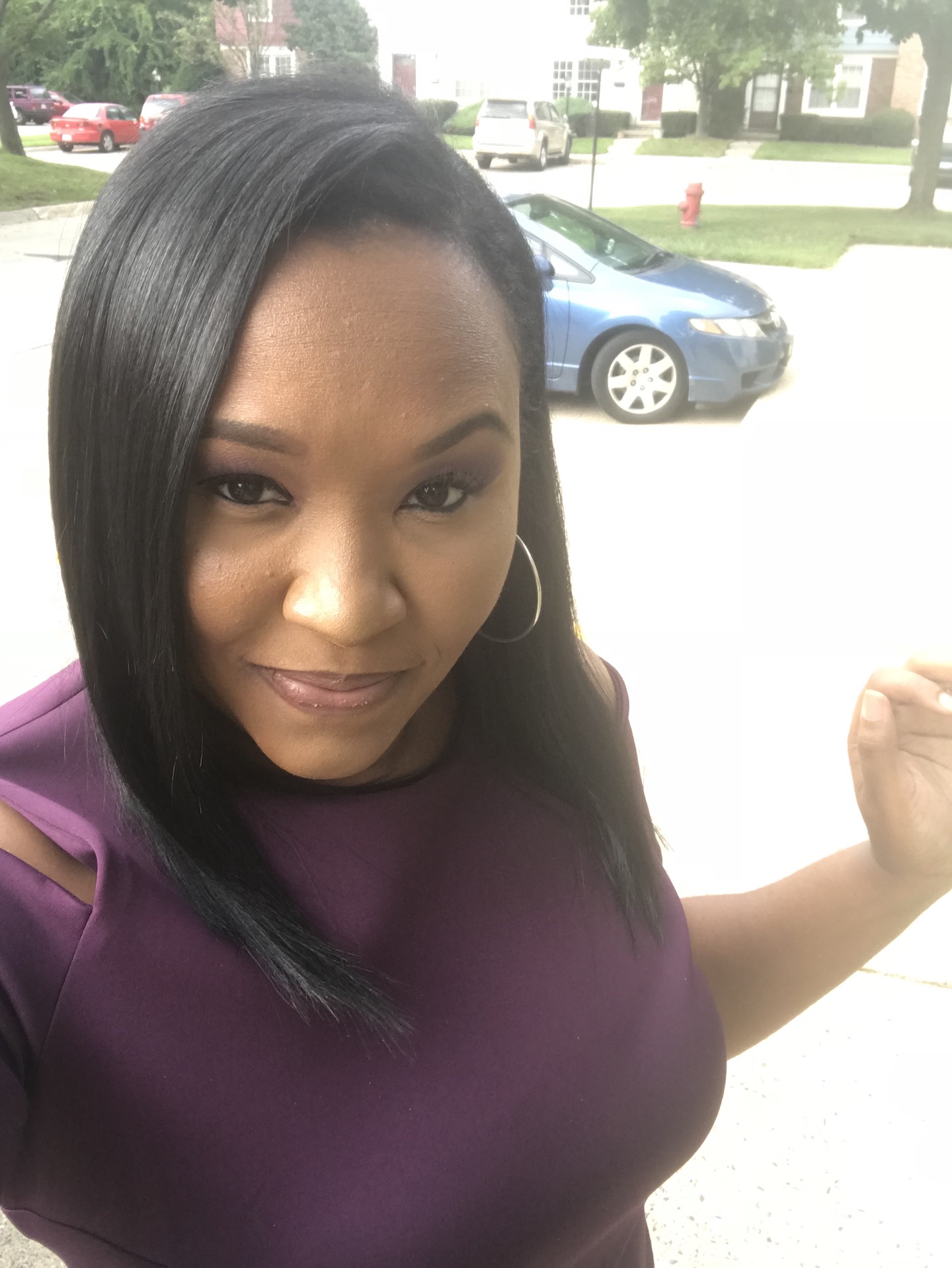5 Tips for Budgeting and Managing Your Personal Finances
Managing your personal finances can be the most challenging chore on your to-do list. Whether you don’t understand budgeting or were never good with money, creating a budget, setting financial goals, and learning to invest can be challenging.
Here are five tips to help you manage your personal finances without stress.
Write Down Your Financial Goals
You can’t reach financial goals if you don’t set them. Saying them out loud might feel like enough, but that’s not motivating. So instead, write down each goal and be specific about what you want to achieve and when.
This provides you with reminders of why you’re saving and investing when you want to spend money instead. Consider making a vision board or writing your goals down and placing them in common areas, so you are constantly reminded of your dreams.
Create a Budget
A budget is like a roadmap for your income. It tells you where you should focus your money and how much you can spend and save. When you create your budget, look closely at your expenses. Are each necessary, or can you cut costs and have more money available to reach your financial goals?
Track Your Spending
Once you create a budget, you must track how you spend your money. A budget isn’t worth anything unless you use it. So track every dollar you spend and compare it to your budget. Are you on track with your saving and investing goals?
If you find you overspent in certain categories or aren’t saving as much as you planned, revisit your budget and figure out what happened. Each month is like a fresh start, so don’t beat yourself up if you didn’t stay within your budget. Instead, learn from your mistakes and change your habits moving forward.
Create an Investment Strategy
You don’t have to be rich or know much about investing to make your money work for you. Today, robo-advisors and online discount brokers make it easy to invest your money after answering a few questions.
If you don’t have a lot of money to spare, you can invest change from your purchases with an app like Acorns if you don’t have much to invest. The key is to start early, so your money has more time to grow.
Create an Emergency Fund
Everyone needs an emergency fund. As the name suggests, it’s for actual crises you can’t afford with your regular budget. Eventually, your emergency fund should have three to six months of expenses. For now, though, set a goal of saving $1,000 to get you through a minor emergency but keep saving, so you have a fully funded emergency account.
Final Thoughts
Managing your personal finances can become second nature when you use these five steps to get them under control. Budgeting may not be your favorite thing, but it organizes your income, allowing you to stay on track with your bills and save money for investing and other financial goals.
Recommended Reading for Self Care: 20 Simple Tips On Saving Money While Still Enjoying Your Life


